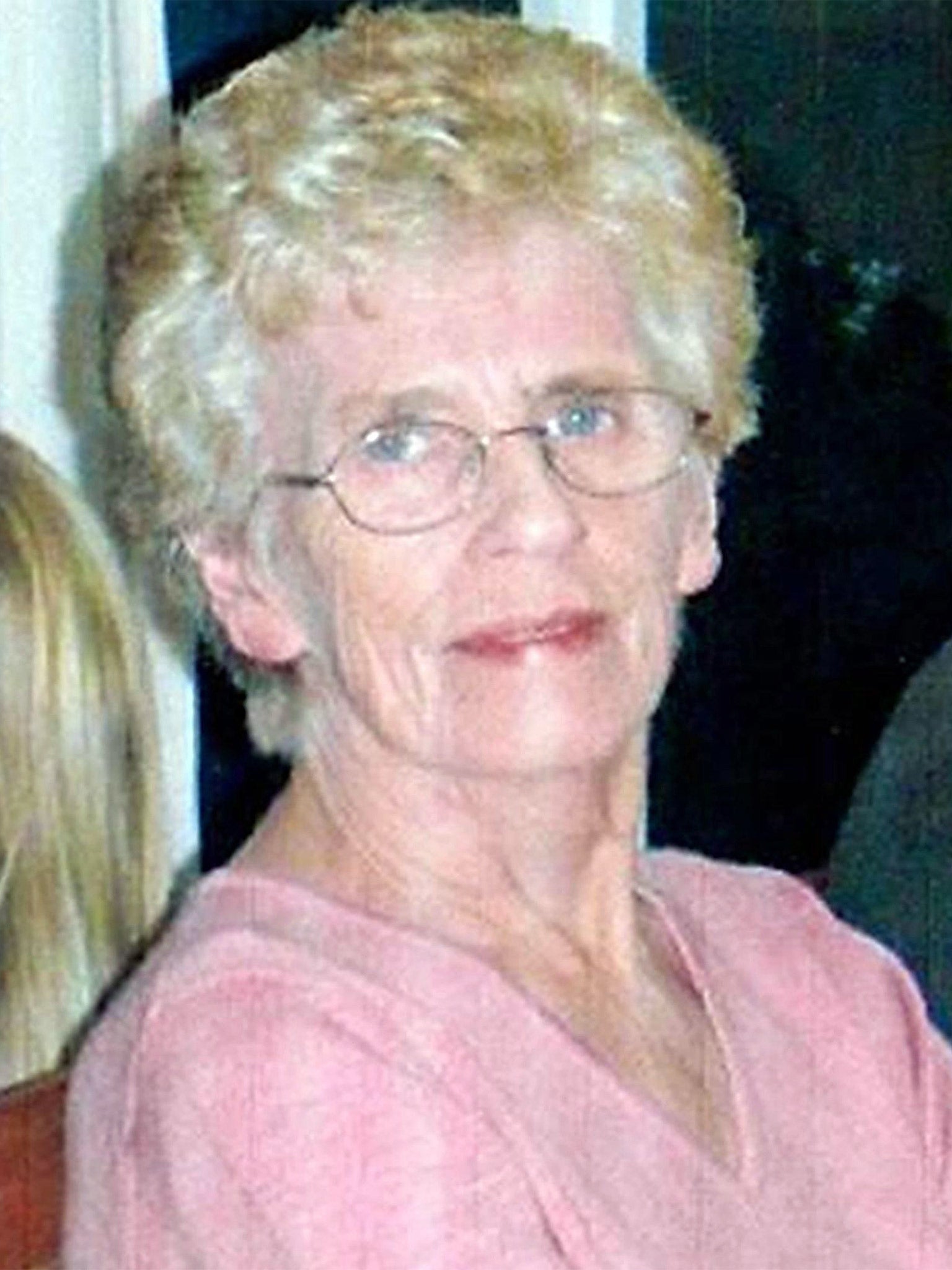Hospital wrong to put ‘do not resuscitate’ note in patient’s file
Doctors must now consult with patients before an order is placed, after family wins court ruling

Your support helps us to tell the story
From reproductive rights to climate change to Big Tech, The Independent is on the ground when the story is developing. Whether it's investigating the financials of Elon Musk's pro-Trump PAC or producing our latest documentary, 'The A Word', which shines a light on the American women fighting for reproductive rights, we know how important it is to parse out the facts from the messaging.
At such a critical moment in US history, we need reporters on the ground. Your donation allows us to keep sending journalists to speak to both sides of the story.
The Independent is trusted by Americans across the entire political spectrum. And unlike many other quality news outlets, we choose not to lock Americans out of our reporting and analysis with paywalls. We believe quality journalism should be available to everyone, paid for by those who can afford it.
Your support makes all the difference.Doctors have a legal duty to tell patients if a “do not resuscitate” order has been placed in their medical records, the Court of Appeal in England has ruled.
In a landmark decision, three judges said doctors at Addenbrooke’s Hospital in Cambridge acted unlawfully when they placed a so-called “DNR” order on the records of Janet Tracey, a 63-year-old lung cancer patient, who died three years ago after a car crash.
Her family say neither she nor they were informed or consulted about the order. Janet’s husband David has fought for a judicial review to clarify if there is a legal duty to consult patients with the mental capacity about such orders.
Treatment guidelines recommend doctors ensure patients and families are involved in decisions over DNR orders, but yesterday’s ruling will make it a legal requirement. In his judgement, Master of the Rolls, Lord Dyson, said doctors “should be wary of being too ready to exclude patients from the process on the grounds that their involvement is likely to distress them”.It added: “There should be a presumption in favour of patient involvement”.
DNR orders mean a doctor is not required to resuscitate a patient if their heart stops. They are only used for very ill patients, when it is deemed resuscitation attempts will not work, or the suffering caused, which can include broken ribs and brain damage, outweighs any benefits to the patient. The judgement said such orders are placed in the medical records of half of the population in advance of their deaths.
Mrs Tracey, whose case has transformed the legal status of DNRs, was diagnosed with terminal lung cancer in February 2011. Later that month she was involved in a car crash, suffering a neck fracture, for which she was treated at the Addenbrooke’s Hospital. Her husband and daughters were shocked to discover a DNR order was put in her records. It was removed after the family complained, although a second order was put in place after talks with the family. She died on 7 March that year.
However, her husband sought a judicial review to determine if doctors have a duty to consult patients over DNRs. The case was stopped in the High Court in 2012 before any legal arguments were heard: a decision which was overrulled by the Court of Appeal. Merry Varney, from lawyers Leigh Day, who represented Mr Tracey, said the judgement sent a message to all NHS professionals. “We are delighted the Court has recognised the wrong done to Janet by excluding her from the decision-making process that led to the DNACPR [do not attempt cardiopulmonary resuscitation] order being placed in her records,” she said.
Speaking after the judgement Mr Tracey said: “We hope the strong message to all doctors, that there is a legal duty to consult with patients before imposing a DNR, will prevent any other patient and their family going through our experience.” Dr Keith McNeil, chief executive officer of Cambridge University Hospitals NHS Foundation Trust, which manages Addenbrooke’s, said the hospital’s clinical care was not criticised, adding “the most important thing” was patients were treated with “the utmost respect and dignity”.
The British Medical Association said it was committed to updating its guidelines in line with the law, and the General Medical Council said it would be checking if its current guidance needed updating in light of the ruling.
Join our commenting forum
Join thought-provoking conversations, follow other Independent readers and see their replies
0Comments